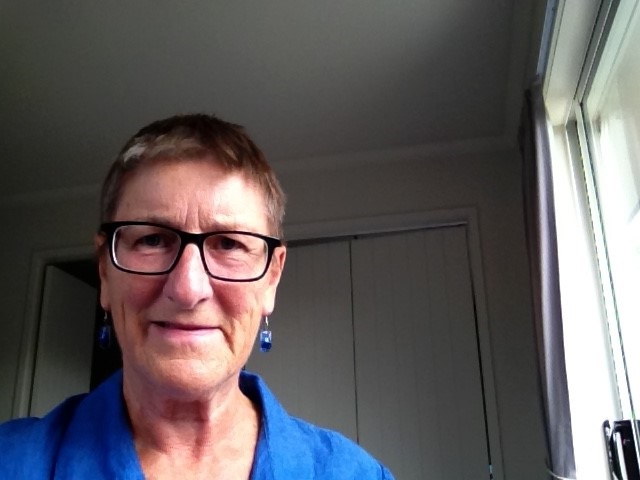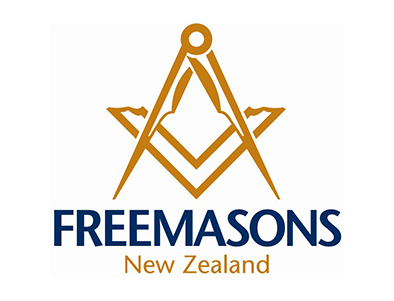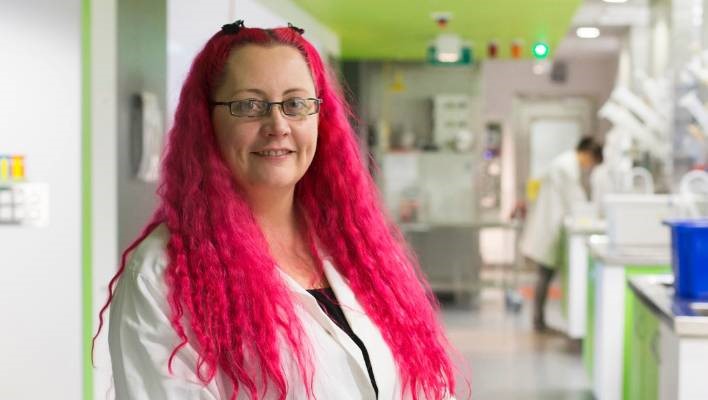
Visit our website
April 16, 2020
Keep calm and carry on
April 16, 2020Covid-19: A really frightening wake-up call
It’s called Coronavirus because the proteins on the virus’ outer ‘coat’ are shaped like a crown – hence the term ‘corona’.
So says well known microbiologist and author, Associate Professor Siouxsie Wiles MNZM, who adds that there are lots of different members of the coronavirus family. Some can cause the common cold and others were responsible for the SARS and MERS outbreaks.
Siouxsie says scientists around the world have for some time been warning about this kind of pandemic, but countries have become complacent.
“We live in this golden age of antibiotics. We’re living longer, we’re mostly healthier and we’re largely infection-free.
“The focus for many countries, including New Zealand, is that infectious diseases are not our priority any more. We focus more on things like heart disease or diabetes.
“Then along comes Covid-19 and it’s a really, really frightening wake-up call.”
She says this pandemic and its global impacts should send a very powerful message to politicians everywhere that they need to respect and listen to the scientists who are employed and paid to study these kinds of things.
Because, she warns, the Covid-19 pandemic won’t be the last time the world has to deal with a such a major public health scare and we need to learn some crucial lessons. She says we need to be prepared.
But she’s not overly hopeful. Siouxsie says the World Health Organization is incredibly important in the fight against global pandemics but is woefully underfunded and under-resourced.
“If we spent half as much on science as we do on footballers … ,” she laments.
She also warns against the dangers of the anti-vaccination brigade. “Isn’t it ironic that we are living through a global catastrophe for want of one vaccine.
“This situation should send a very strong message that – holy crap – infectious diseases are really, really important and really, really dangerous!”
Siouxsie says once we get through the Covid-19 crisis, we need to ensure we learn from it.
She says it’s almost certain the world will see another pandemic of some kind.
She agrees there are ‘flashing lights’ that should be alerting us as a global population to a whole bunch of dangerous issues that have planetary implications – some people are ignoring them, others are trying desperately to get action happening, but that action is too slow.
“We can’t prevent the next pandemic, but we can mitigate its impacts. We need to invest in the capacity to identify issues quickly and invest in our capacity to respond quickly otherwise future generations will be in an even worse situation.”
To illustrate her point, she describes Covid-19 is a catastrophe on a short time scale, and says we also have catastrophic events that are happening on a really long time scale. Events like climate change and issues like antibiotic resistance that actually increase the likelihood of future pandemics.
“What I’d hope we can learn from Covid-19 is that we need to mitigate both the short and the long time scale issues.
“We know these things are coming, but are we doing enough to prepare? I’m not confident we are.”
Siouxsie talks about the opportunity Covid-19 has given us to ‘reset’.
She says part of the necessary preparation that will help mitigate the effects of future pandemics is the need to change our values as a society. Stop doing the things that made this happen and learn how to be more resilient.
She says this might include changing the things we value. “Let’s look at our essential workers, especially supermarket workers, many of whom are paid the minimum wage.
“They are the people who will pull us through this, but society doesn’t value them, or at least we haven’t until now.”
The good news is she says NZ will come out of this Covid-19 situation relatively unscathed compared to other countries and lots of other peoples.
But let’s use the new normal that will follow this pandemic to get properly prepared for the next one.


